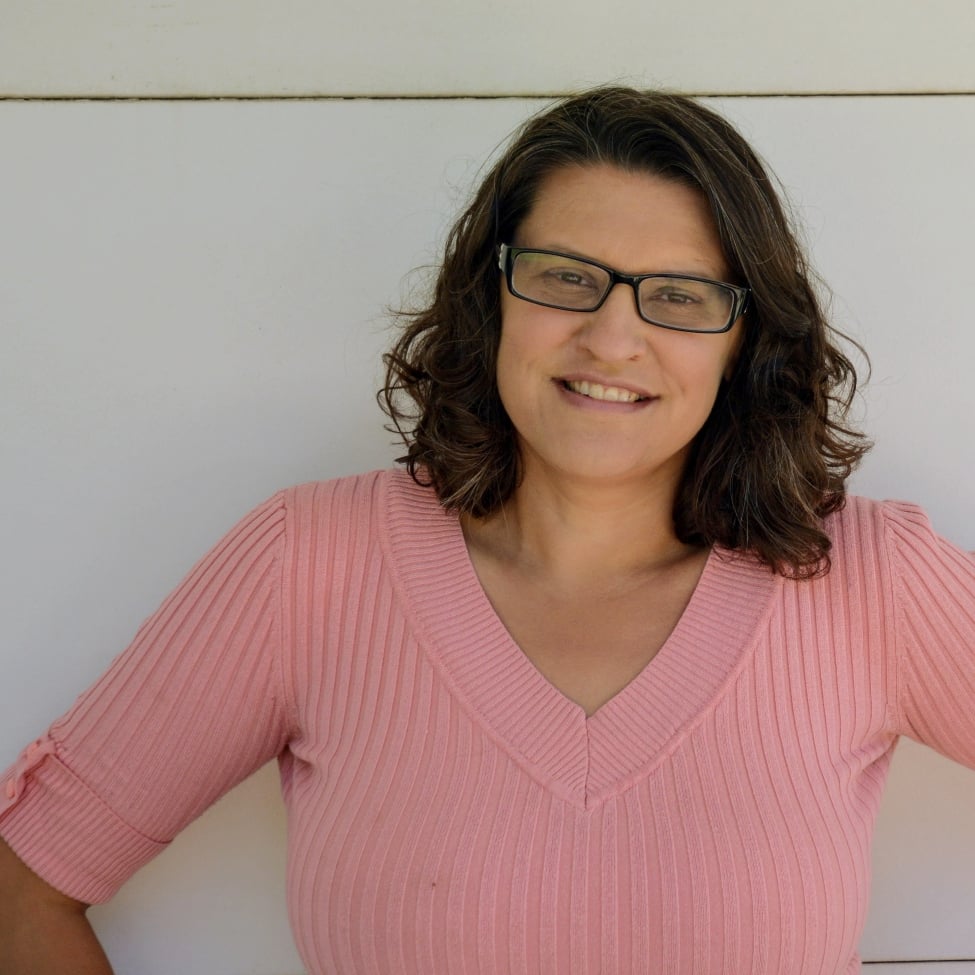
Amelia Bentrup shares her experiences teaching her children with autism or ADHD about the Catholic faith and offers tips and hope for parents in similar situations.
Neurodiversity refers to individuals whose brains process things differently than the average person. Often this definition includes people with autism, ADHD, dyslexia, dyscalculia, and dyspraxia.
Just as children who are neurodiverse might need different educational tools or extra help in learning to navigate the world, so too, children who are neurodiverse may need extra help or different resources when learning about their Catholic faith, receiving the sacraments, and experiencing God and faith.
I have one child who has been diagnosed with autism and two other children who have been diagnosed with ADHD and another who is strongly suspected to also have ADHD. While I have never been diagnosed, I am fairly confident that I also struggle with ADHD — and have for most of my life. I am no stranger to a mind that thinks and processes things a bit differently. Over the years of living my own Catholic faith and teaching my children about their Catholic faith, I have noticed some difficulties that seem to be more prevalent in neurodiverse individuals, especially as it relates to matters of faith.
Scrupulosity and Confession
Struggles with scrupulosity are probably one of the most common issues that individuals, especially children, struggle with when learning about the faith. Many young children, when first learning about sin and the Sacrament of Confession, struggle to truly understand the difference between mortal and venial sin and may fixate on their sins or be overly scrupulous when examining their conscience.
Care should be taken when choosing resources and books. While books such at The Baltimore Catechism can be a wonderful resource for many families, our family has found that the writing style and strong emphasis on rules can be a trigger for scrupulosity. This can lead to children obsessively worrying about committing a sin and offending God and having a great deal of anxiety about whether this or that is a sin, and is it a mortal sin or venial sin? We prefer the Faith and Life series, and I have used this series for Sacrament preparation for several of my children with good success.

Reception of holy Communion
Children who are neurodiverse may develop at different or slower rates than their peers. It is important to keep a child’s developmental stage in mind when determining a child’s readiness for the reception of holy Communion. Another issue that may arise involves personal space. Some children with autism may feel extremely uncomfortable receiving on the tongue and having the priest or extraordinary minister of the Eucharist in their personal space. Allowing children to choose to receive in a Church-approved manner (either on the hand or on the tongue) may alleviate some anxiety or initial discomfort.
Smell and bells and distractions
Some children may be particularly sensitive to loud noises or certain smells such as incense. Taking care to choose where in the church to sit or which Mass time to attend can be helpful. Many neurodiverse children feel more comfortable in Masses that are less crowded, with less noise or quieter music. Sitting closer to the front where there are fewer distractions may particularly help children with ADHD to particulate more fully in the Mass and pay closer attention.

Holidays and special times
While many children love holidays and special Masses, dealing with the unfamiliar can be particularly scary for neurodiverse children. Children with autism or ADHD thrive on regularity and routine, so those special, longer Masses at different times can be especially stressful. I have had to let go of the idea that “good” Catholics attend Masses such as the Easter Vigil or midnight Mass on Christmas Eve. While those Masses are beautiful, the comfort of a regular Christmas morning or Easter morning Mass can be important for neurodiverse individuals who may already be struggling with the changes in routine that holidays bring.
Prayer and relationship with God
Children who struggle with friendship and relationships with other people may also struggle with prayer and relationship with God. For individuals with ADHD, distraction during prayer can be a huge difficulty, especially when it comes to traditional prayers and memorized prayers. Teaching children about the different types and methods of prayer is so helpful in helping them build a personal relationship with God.
Different children will connect with different types of prayer. Some children may really benefit from looking at sacred images or books during prayer. Some children may connect with reading the Bible and learning about the saints. Rote prayers such as the Rosary may be calming to some children, while other children may struggle too much with a wandering mind.

God gave that child to you
Having a neurodiverse child is a great gift. God has entrusted that particular child to your care. Take comfort in knowing that you are the best person to lead that child to God. As parents, our primary goal is to get our children into heaven. If God has given you a neurodiverse child, He will equip you with the tools you need to teach the Catholic faith to that child and lead them toward God.
The same issues that may cause difficulty in other areas of a child’s life can help them grow toward God and develop a deep devotion and inner life of prayer and meditation. Our job as parents is to steer our children on the right path while allowing them to use their free will to hopefully choose Christ. Pray for God to give you the grace you need to raise your children well and lead them toward Him.
Share your thoughts with the Catholic Mom community! You'll find the comment box below the author's bio and list of recommended articles.
Copyright 2024 Amelia Bentrup
Images: Canva
About the Author

Amelia Bentrup
Amelia Bentrup is a wife and mother of five children ranging in age from early elementary school to college-aged. She spends her days homeschooling, being a semi-adequate housekeeper, writing, transcription editing, chauffeuring kids, walking through the woods, praying, and caring for a large assortment of pets that include three cats, two dogs and a rabbit. Occasionally, she tackles house projects that she immediately regrets starting,


.png?width=1806&height=731&name=CatholicMom_hcfm_logo1_pos_871c_2728c%20(002).png)
Comments